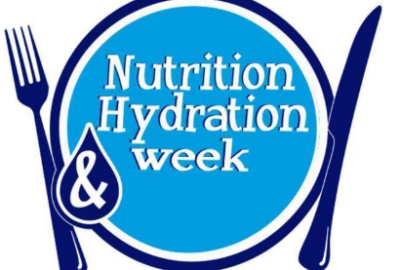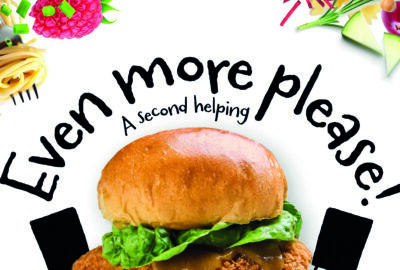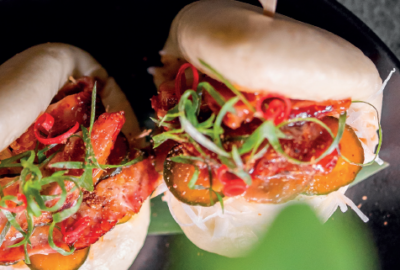Regularly featured on television and radio, Dr Andy Cope (also known as the Doctor of Happiness), is a happiness expert, best-selling author, keynote speaker, trainer and authority on employee engagement, wellbeing and human flourishing.
What are happy people?
It’s important to understand that happiness isn’t a ‘thing’. It’s an emotion. Although it seems as though the world is making us happy or sad or anxious or angry, the truth is that your emotions aren’t coming from the external world. They’re manufactured by your thinking, in this moment. Therefore, the
key to unlocking more happiness lies in your head!
Why are there only 2% of people who are much happier than the average person?
The modern world is fast, exhausting and relentless. It’s easy to get stuck in a rut of counting down to your next holiday and accidentally wishing your life away. But we can all think of a handful of people who stand out in our lives – the happy few. They have energy, passion and resilience. If you plot them on a happiness graph (which is what I did) they are in the top 2% of the population. Note, they’re not necessarily rich or famous. Just happy.
What can hospitality operators do to nurture staff happiness?
You can’t command anyone to be happy. All you can do is lead by example. Human emotions are contagious, so when you’re genuinely feeling amazing, those emotions will leak out of you and create upward spirals of emotion in those around you. Obviously, negativity is also contagious!
So please be careful what you pass on.
How important is it to people to work in a happy environment?
Happy people are more productive, more creative, have 40% more energy, give better customer service, go the extra mile, have less time off, create positivity in their work colleagues. In hospitality, happiness is your competitive advantage!
How can people, who work in the hospitality industry, be happy and create a fun, buzzy atmosphere for customers?
A team of 2-percenters is something to behold! These are the days when work doesn’t feel like work. There’s a buzz about the place. Even better, you don’t feel exhausted, you feel exhilarated. The biggest factor in creating a “flourishing” culture is to allow people to bring their best selves to work every day. Recognise and encourage their moments of excellence.
If there is a ‘grumbler’ (negative person) in the team, what can you do to make them happier?
Every workplace has ‘mood hoovers’. In hospitality, customers can be mood hoovers. It’s easy to let an angry customer ruin your week! Our messages are not about making other people happier. Positive psychology starts with YOU. It’s your job to build your wellbeing strategies so that you can stay upbeat more often. You know you’ve nailed it when a negative situation doesn’t ruin your day because you’ve taken charge of your own wellbeing.
You suggest making a list of things you feel grateful for? How does this help people be happy?
Gratitude has been proven as a therapeutic technique. If you write about three good things that have happened in your day, your brain will gradually rewire itself to notice the positives. Gratitude flips your thinking. Bottom line – most people spend a massive amount of their life grumbling about what they haven’t got whereas happy people tend to be grateful for what they have already got.
Can you describe what you mean by the “To Be” list and how people can use this to learn to be their best self?
We learn to write a to-do list and then get busy ticking things off it. I always start with my to-be list. That means I have to dare to ask myself a BIG question; who am I being while I’m doing the things on my to-do list? That means I can commit to being kind, respectful, present and a nice person. I advise you to write a to-be list once a week.
Find out more about Dr Andy Cope and how to be happy in his book The Happiness Revolution.



